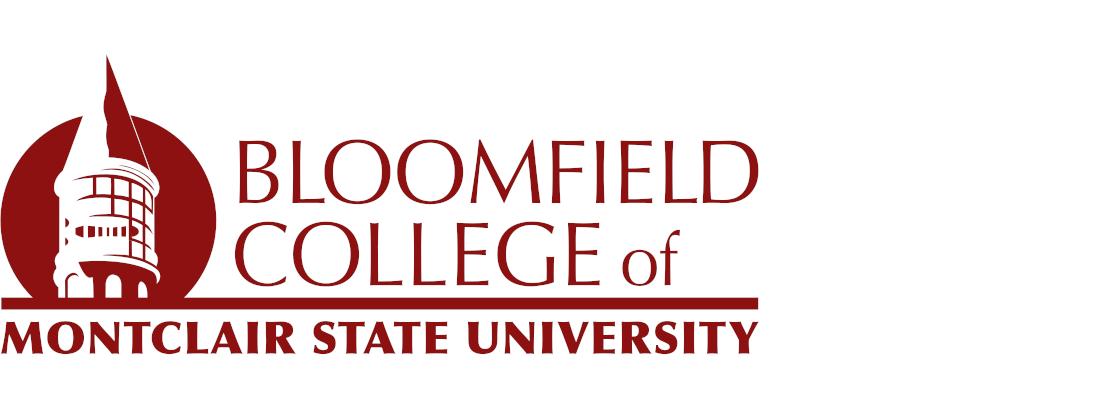The Educational Goals of the College
The primary goal of any program in a modern liberal arts college is to foster the personal growth of its students while preparing them for the many directions their futures may take. To accomplish this goal, Bloomfield College programs aid students in acquiring certain important skills and knowledge necessary for personal and professional excellence in the modern world. Students should learn to process information critically, think clearly, and communicate effectively. They must do this in a civic environment where artistic, cultural, scientific, and technological changes are on-going and potentially challenging.
While acquiring the knowledge and the skills necessary for personal growth, the College also prepares students for the many paths their future careers could take. While imparting the content of a specific discipline, college programs also aid students in developing professional skills applicable to many scenarios.
By shaping its programs to meet these needs and satisfy these goals, Bloomfield College affirms its commitment to its vision and mission.
ACADEMIC FREEDOM FOR FACULTY AND STUDENTS
The freedom of instructors to organize their courses according to the highest academic standards of pedagogical excellence is basic to the academic freedom of both faculty and students.
The 1967 'Joint Statement on Rights and Freedom of Students' makes it clear that students should have the right to freedom of expression and proper academic evaluation:
- Protection of Freedom of Expression
Students should be free to take reasoned exception to the data or views offered in any course of study and reserve judgment about matters of opinion, but they are responsible for learning the content of any course of study in which they enroll.
- Protection against Improper
Academic Evaluation
Students should have protection through orderly procedures against prejudiced or capricious academic evaluation. At the same time, they are responsible for maintaining standards of academic per-formance established for each course.
In keeping with these mutual rights and responsibilities, instructors should make it clear, preferably in the course syllabus, how a course is structured pedagogically and the means whereby students will be evaluated. This evaluation and learning process may or may not include a final examination.
ACADEMIC INTEGRITY
Academic integrity, in its simplest definition, is the trust that exists among mem-bers in the academic community. It is only as strong as the behavior of the individuals within that community.
Any attempt by a student to communicate misleading and false information as to the student’s achievement and understanding of the course work is an act of plagiarism and a violation of academic integrity. The full policy is outlined on page 284.
"Academic Freedom in its teaching aspect is fundamental for protection of the rights of the teacher in teaching and of the student in learning." See AAUP 1940 Statement of Princi-ples, Academic Freedom and Tenure.
Joint Statement on Rights and Freedoms of Students, June, 1967.
